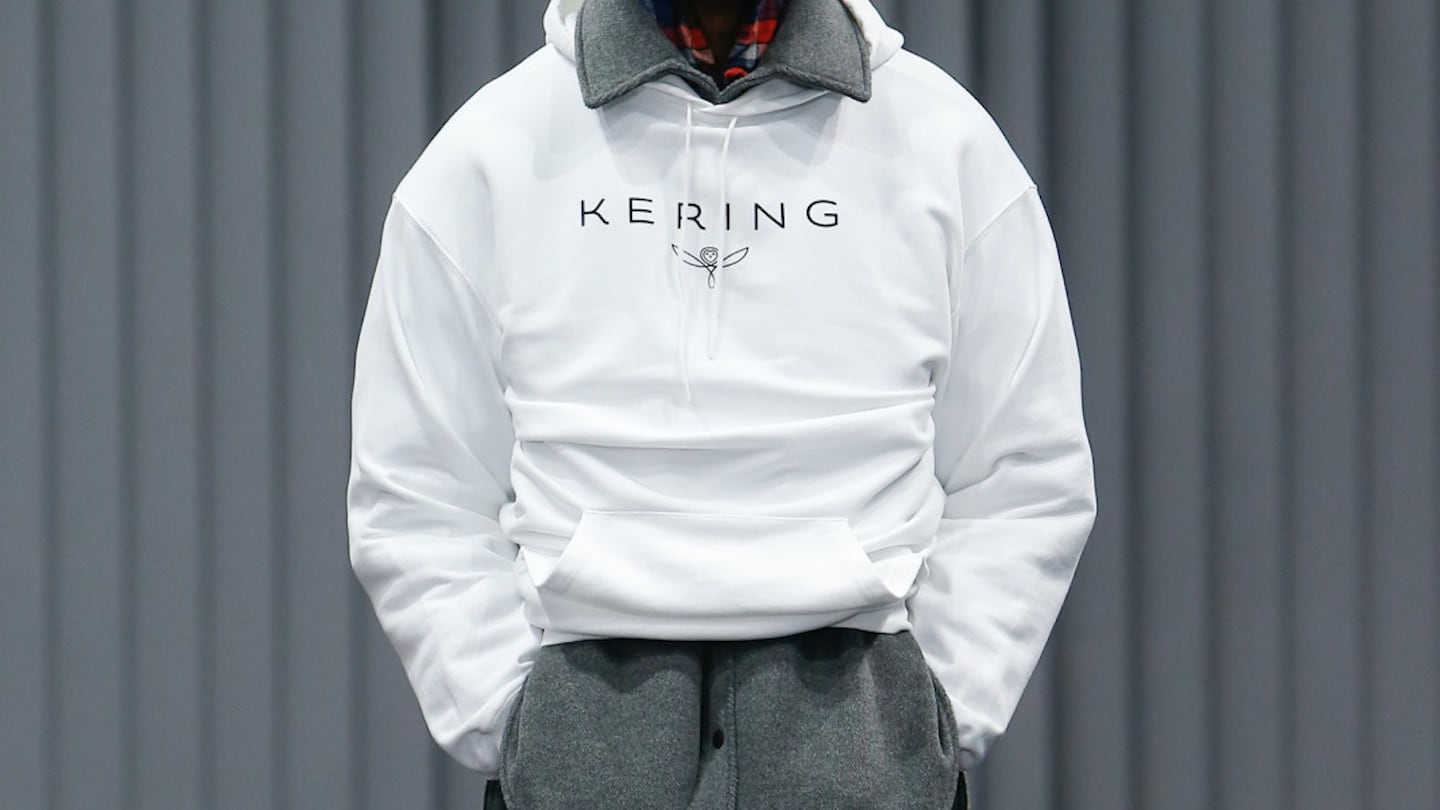
The Business of Fashion
Agenda-setting intelligence, analysis and advice for the global fashion community.

Agenda-setting intelligence, analysis and advice for the global fashion community.

COPENHAGEN, Denmark — French President Emmanuel Macron has called on the chief executive of luxury giant Kering SA to bring together a group of brands to set unified sustainability goals for the sector ahead of the G7 summit in Biarritz this August.
“We have to work collectively,” Kering Chief Executive Francois-Henri Pinault told the Copenhagen Fashion Summit Wednesday. “It’s about a few leaders who will accept to put themselves in an uncomfortable situation to force themselves to move.”
The fashion industry is one of the most polluting in the world and has struggled to find ways to tackle its environmental impact. While the industry has made significant improvements in recent years, those advances have stalled over the last twelve months as big brands struggle to drive changes to the way they operate, according to a report released by the Global Fashion Agenda last week.
At the same time, the industry is facing growing pressure from regulators and consumers to operate in a more socially and environmentally responsible way.
ADVERTISEMENT
Over the next couple of months, Pinault has been tasked with pulling together a broad coalition of industry players willing to unite behind long-term goals to reduce the industry’s negative impact on climate, biodiversity and oceans.
By August, Kering is hoping to have pulled together a group of international brands, manufacturers and retailers united behind a broad set of climate aims, who will continue to work together after the G7 summit to establish an action plan.
"The mandate is really to move the sector," said Kering's chief sustainability officer Marie-Claire Daveu. "The G7 is a starting point."
Kering has been at the forefront of efforts to address the industry’s sustainability challenges. It’s spent years tracing and measuring the environmental impact of its supply chain, publishing an account the cost of its business to the planet.
Around the sector’s annual sustainability gathering in Copenhagen this week, the company has announced a flurry of new initiatives. On Monday, it announced a new target to push for stricter animal welfare standards in its supply chain for products like leather, handbags and cashmere suits. Earlier Wednesday it extended its commitment to protect young models, by pledging to only hire people who are over 18. Speaking at the summit, Pinault called on his peers to join him in setting challenging goals that will force innovations.
“I’m trying to convince peers that we don’t have the solutions, but let’s commit and try to move in the same direction,” Pinault said.
Updated 10:30 am GMT on 16 May, 2019:
Pinault has already made strides to enlist his peers. PVH Corp. Chief Executive Emanuel Chirico said his company, which owns brands including Tommy Hilfiger and Calvin Klein, would support the initiative.
ADVERTISEMENT
"We endorse what they're trying to do," Chirico said during an interview Thursday. PVH has just issued a suite of ambitious new environmental and social standards, but the chief executive said it's important that others in the industry follow along to avoid any risk that acting sustainably could create a competitive disadvantage. "Pulling an industry that is highly competitive and getting competitors to collaborate is a challenge , but what's great about it is that it levels the playing field," Chirico said.
Related Articles:
[ Stella McCartney and Google Have a Plan to Fix Fashion’s Environmental Data GapOpens in new window ]
[ Kering Goes Public with Sustainability Report, Revealing Progress and Pain PointsOpens in new window ]
[ Fashion’s Sustainability Efforts Are StallingOpens in new window ]
The trial of Colombian designer Nancy Gonzalez for smuggling alligator and snakeskin handbags into the US shone a rare public spotlight on the trade in the exotic skins used for some of fashion’s most expensive and controversial products.
Europe’s Parliament has signed off rules that will make brands more accountable for what happens in their supply chains, ban products made with forced labour and set new environmental standards for the design and disposal of products.
Fashion’s biggest sustainable cotton certifier said it found no evidence of non-compliance at farms covered by its standard, but acknowledged weaknesses in its monitoring approach.
As they move to protect their intellectual property, big brands are coming into conflict with a growing class of up-and-coming designers working with refashioned designer gear.